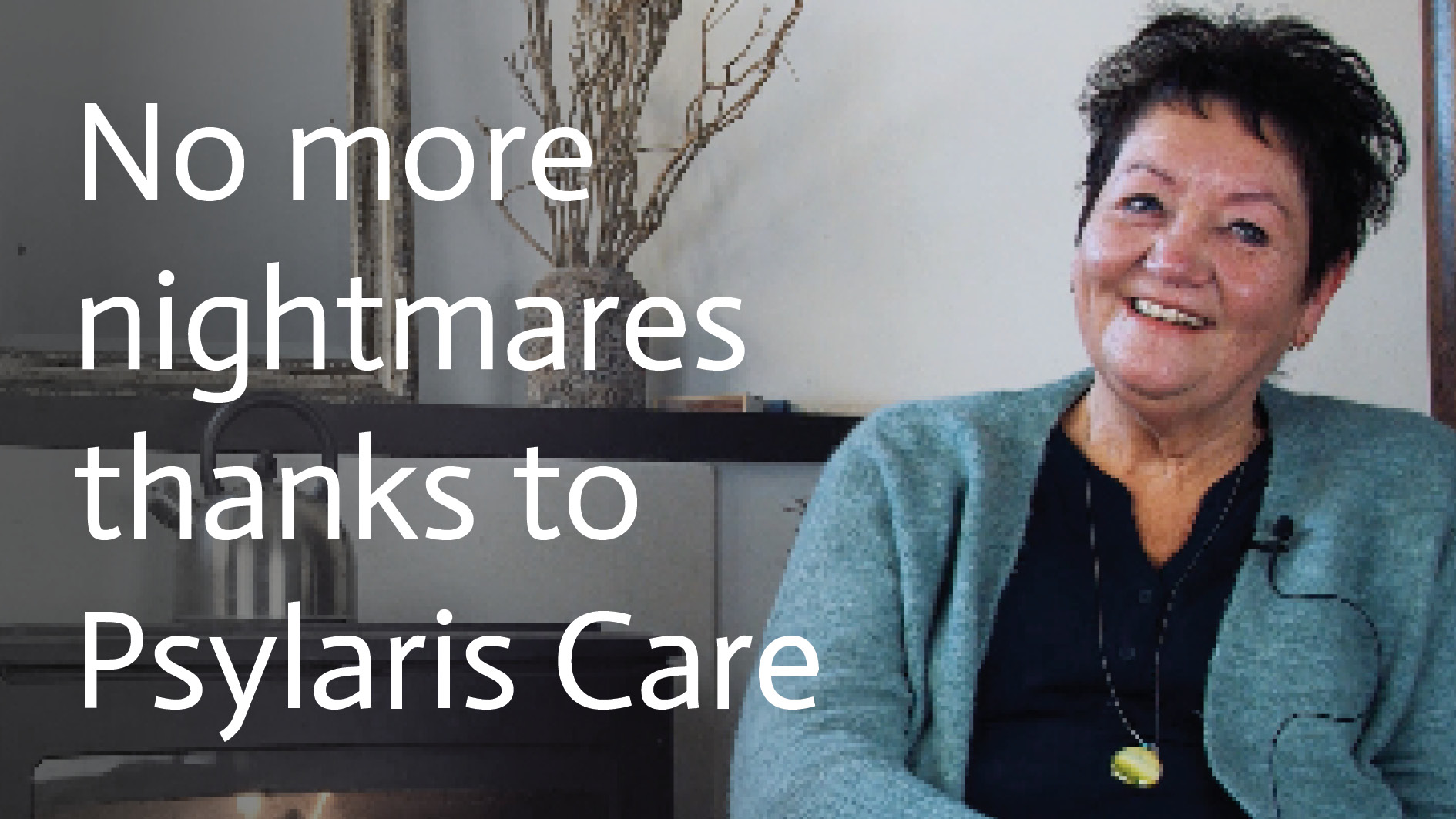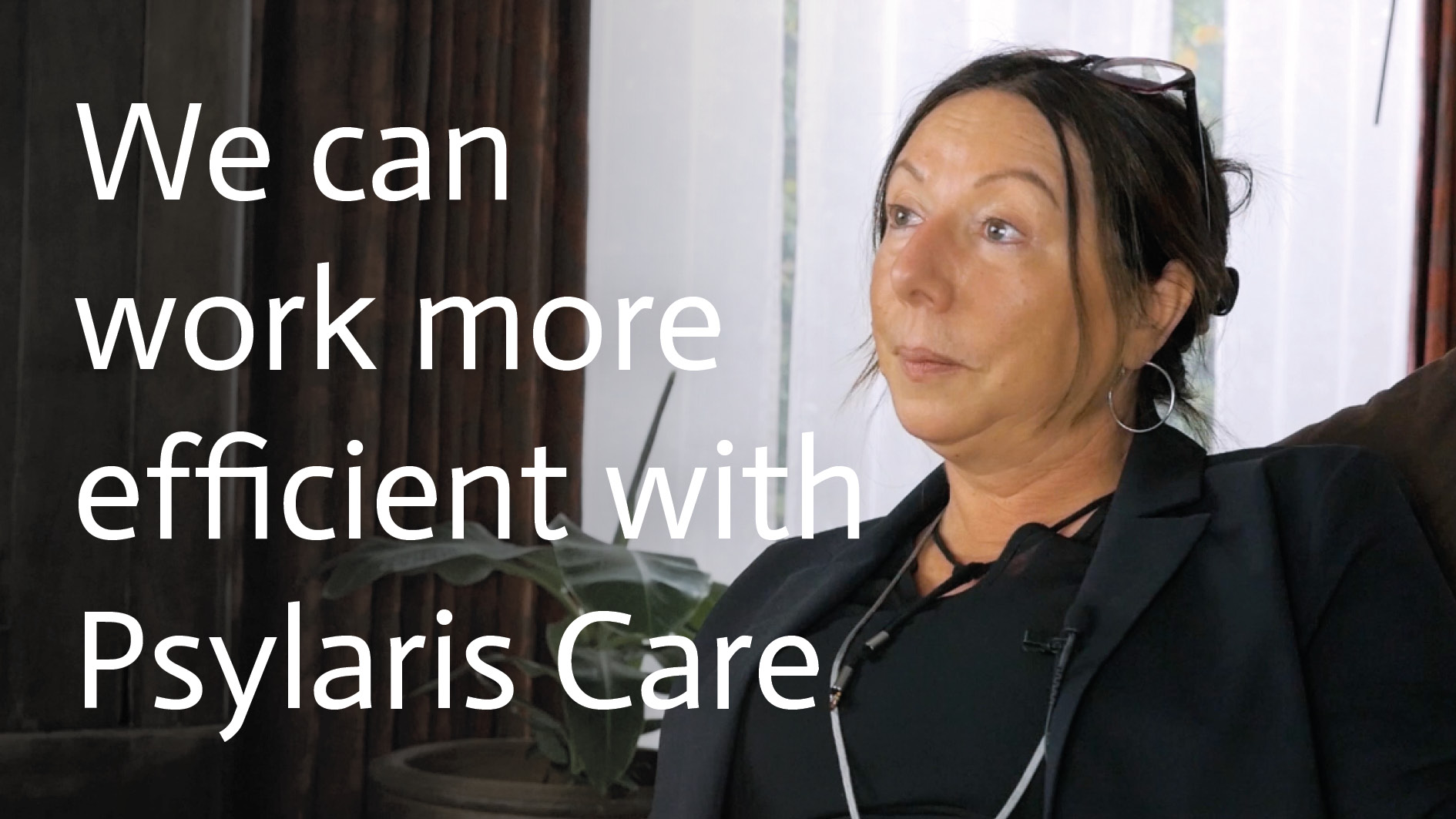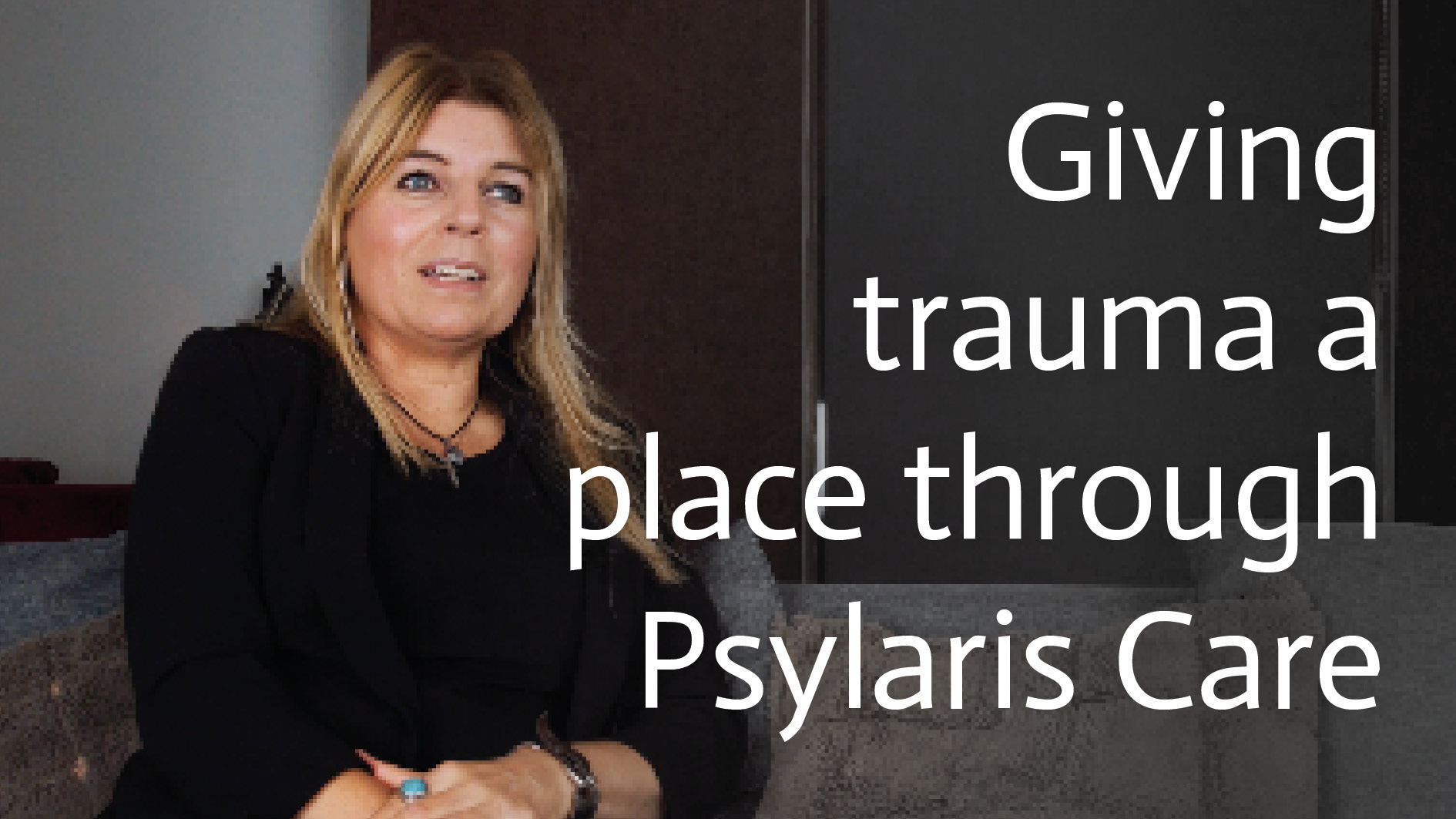Everyone experiences a violent event from time to time. Sometimes events are so intense that they have a major impact on your life. When you have experienced an event, it takes a while to process it. Most people manage this well, but not everyone will have a good processing. The consequence of this is that you can't see the image of the traumatic event constantly and especially undesirably playing back in your mind. This is at the root of all kinds of complaints.
What symptoms do you get from an unprocessed trauma?
Many complaints can be traced back to a past event that you have not dealt with. It can result in, for example, anxiety and panic disorders, a compulsive neurosis or a phobia. The most well-known symptom of an unprocessed trauma is post-traumatic stress disorder, or PTSD. This is a diagnosis that is common among deployed soldiers, who have terrible images of war on their retinas. You too, with your experience, can have PTSD. The hallmark of a PTSD, is that there are many stimuli that remind you of the trauma. This leads to changing and sometimes very intense emotions. You also try to avoid situations and locations in order not to get a stimulus to think back to the trauma. Social isolation is often a consequence of PTSD.
What is EMDR therapy?
A successful therapy for dealing with trauma is EMDR therapy. The meaning of this abbreviation is 'Eye Movement Desensitization and Reprocessing'. In short, it means that by following a hand signal with your eye, you reprocess the traumatic event, but as a memory and not as a trauma. In this way you process the event. You can recall the event with far less emotion and the memory has no further influence on your daily life. Certain consequences, such as fears and phobias, will also have disappeared.
How does EMDR work in practice?
During an EMDR session, the therapist asks you to recall the event in question in your mind. Of course this is intense, because it involves all sorts of feelings and thoughts. While you are thinking back, the therapist distracts you with a hand gesture or an acoustic signal. This makes you forget for a moment the traumatic moment you are in and other thoughts come up. The therapist will also ask you what you are thinking at that moment and how you feel about the trauma. By distracting you again and again, the emotional charge attached to the trauma increasingly disappears. You then retrieve the trauma with less or sometimes even without emotions.
When is EMDR therapy suitable for you?
The main purpose of EMDR therapy is to process an acquired trauma from the past. If you are troubled by events that you may have experienced as a child or during your youth, EMDR can do a lot for you to deal with these. But there are other problems for which you can follow EMDR, although many problems are the result of an unprocessed trauma.
Do you have certain fears, such as fear of flying, fear of driving, agoraphobia or certain phobias? It will often turn out that these can also be traced back to a trauma. EMDR helps to recover from fears and phobias. Are you overworked, do you have a burn-out or PTSD? Then EMDR is one of the best therapies to get rid of this.
What should you take into account when following EMDR?
Actually, just like any kind of therapy that confronts you with unprocessed traumas, EMDR can also be very demanding. You have to take into account that EMDR can be tiring. You do not have to prepare thoroughly before the session; it is much better to take sufficient rest after the session. Chances are you will feel relieved and that is a sign that EMDR works well for you.
Is remote EMDR suitable for you?
Are you dreading a session with a therapist in the treatment room? Are you unable to go out? Fortunately, Psylaris has developed options for EMDR at a distance. With EMDR-Plus from Psylaris, you put on VR glasses. You are at home in your safe environment, but you can still follow an EMDR session online. The therapist starts a distraction session through the VR glasses, which distracts you in a very intensive way. This makes the therapy even more effective.
Psylaris also developed EMDR-remote. This is a special online platform for practitioners. Stable and safe video calls are possible via the platform. The practitioner and the client see each other, only the distraction is more modern and digital via the platform.
EMDR is especially a suitable therapy if you are still dealing with unprocessed traumas. It is up to you what you find most suitable whether you want to follow the traditional way of EMDR or EMDR on distance.








